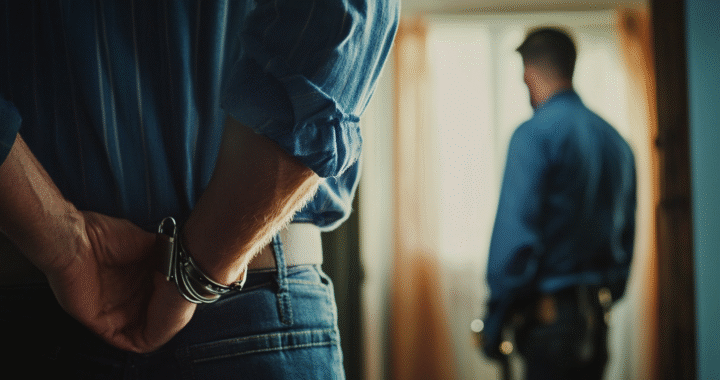What Ontario’s Bill 10 Could Mean for Landlords in 2025
If you own rental property in Ontario, there’s a new piece of legislation that should be on your radar—Bill 10, the Protect Ontario Through Safer Streets and Stronger Communities Act, 2025. While it hasn’t passed into law yet, it’s working its way through the Ontario Legislature and, if approved, could bring major changes for both residential and commercial landlords.
So what’s in it—and why should landlords care?
Landlords Could Be Held Liable for Illegal Activity on Their Properties
Under Bill 10, landlords could be charged if they knowingly permit drug-related activity—like trafficking or illegal cannabis production—on their properties. That includes basements, apartments, and commercial units. If something shady’s going down and you turn a blind eye, you’re now on the hook.
There is a statutory defence available, but it’s vague: landlords would need to show they took “reasonable measures” to prevent the illegal use. What counts as reasonable? That’s still murky. Are we talking background checks? Regular inspections? Cameras? The government hasn’t said.
No Wiggle Room on Possession of “Proceeds”
If you knowingly possess money or property that came from illegal drug activity—even if it’s rent money—that’s a separate offence. And unlike the first one, there’s no defence based on reasonable measures. It’s a zero-tolerance clause that could catch unsuspecting landlords off guard.
Expanded Police Powers Could Mean Quick Action on Rental Units
Bill 10 gives police some serious authority: they could remove people from your property, close businesses, seize items, and even arrest without a warrant if they suspect criminal activity tied to drugs. In practice, this could mean a full-on raid on your property, even if you weren’t directly involved.
What the Critics Are Saying
- It’s unclear how far landlords have to go to prove they took action.
- Tenant privacy concerns could arise if landlords feel pressured to surveil their properties.
- Non-profit housing providers and co-op board members—often volunteers—could also be exposed to personal liability.
- There are also concerns about constitutional overreach, especially regarding warrantless arrests and property searches.
What Should Landlords Do?
For now, Bill 10 is not law—but that could change fast. If you own rental property in London, Ontario (or anywhere in the province), keep an eye on this legislation. In the meantime:
- Review your lease agreements.
- Document tenant communications and property inspections.
- Get legal advice if you suspect any illegal activity.
- Consider updating your tenant screening process.
This isn’t about being paranoid—it’s about being prepared.
Want help navigating the changing real estate landscape in Ontario? I’m Kristina Bradley, a local realtor who stays on top of the news so you don’t have to. Reach out anytime at sellmyhouselondon.com or follow me on Instagram @sellmyhouselondon.

